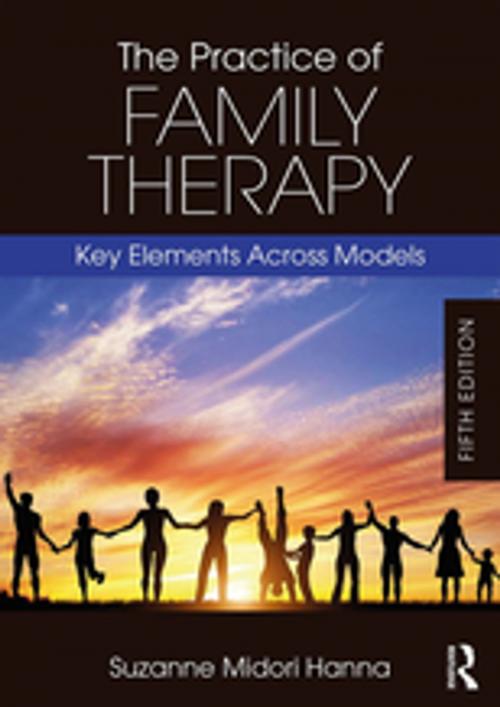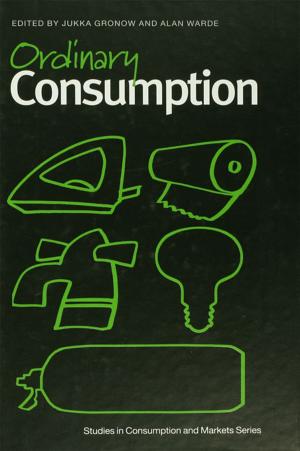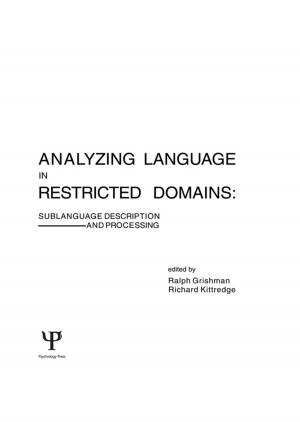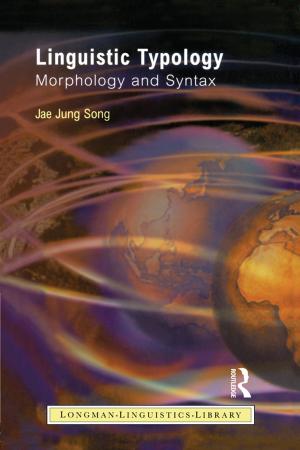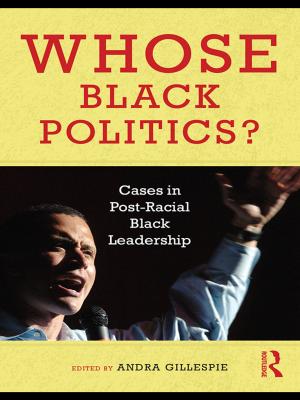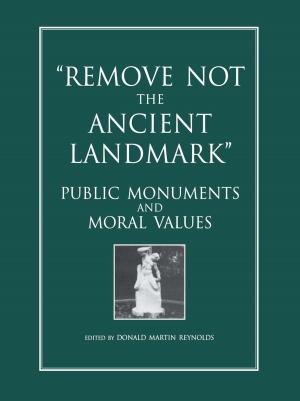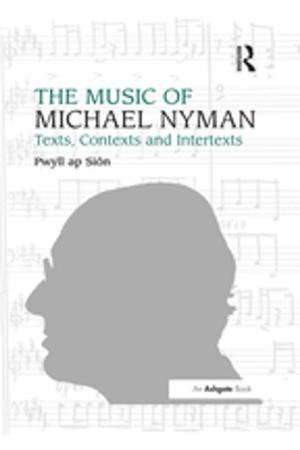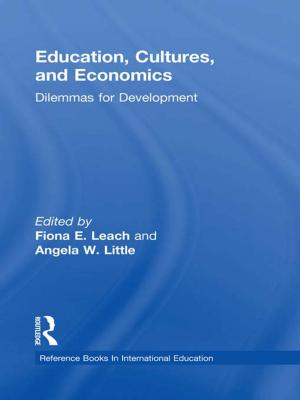The Practice of Family Therapy
Key Elements Across Models
Nonfiction, Health & Well Being, Psychology, Mental Health, Family & Relationships, Parenting| Author: | Suzanne Midori Hanna | ISBN: | 9781351051446 |
| Publisher: | Taylor and Francis | Publication: | October 15, 2018 |
| Imprint: | Routledge | Language: | English |
| Author: | Suzanne Midori Hanna |
| ISBN: | 9781351051446 |
| Publisher: | Taylor and Francis |
| Publication: | October 15, 2018 |
| Imprint: | Routledge |
| Language: | English |
Now in its fifth edition, The Practice of Family Therapy comes at a time when traditional approaches to psychotherapy have given way to multidimensional strategies that best serve the needs of diverse groups who are grappling with the many challenges unique to family therapy practice. With expanded coverage of different models, along with new developments in evidence-based and postmodern practices, this integrative textbook bridges the gap between science and systemic/relational approaches, as it guides the reader through each stage of family therapy.
Part I lays the groundwork by introducing the first-, second-, and third-generation models of family therapy, teaching the reader to integrate different elements from these models into a systemic structure of practice. Part II explores the practical application of these models, including scripts for specific interventions and rich case examples that highlight how to effectively work with diverse client populations. Students will learn how to make connections between individual symptoms and cutting-edge family practices to respond successfully to cases of substance abuse, trauma, grief, depression, suicide risk, violence, LGBTQ families, and severely mentally ill clients and their families. Also included are study guides for each model and a glossary to review main concepts.
Aligned with the Association of Marital and Family Therapy Regulatory Boards’ (AMFTRB) knowledge and content statements, this textbook will be key reading for graduate students who are preparing for the national licensing exam in marriage and family therapy.
Now in its fifth edition, The Practice of Family Therapy comes at a time when traditional approaches to psychotherapy have given way to multidimensional strategies that best serve the needs of diverse groups who are grappling with the many challenges unique to family therapy practice. With expanded coverage of different models, along with new developments in evidence-based and postmodern practices, this integrative textbook bridges the gap between science and systemic/relational approaches, as it guides the reader through each stage of family therapy.
Part I lays the groundwork by introducing the first-, second-, and third-generation models of family therapy, teaching the reader to integrate different elements from these models into a systemic structure of practice. Part II explores the practical application of these models, including scripts for specific interventions and rich case examples that highlight how to effectively work with diverse client populations. Students will learn how to make connections between individual symptoms and cutting-edge family practices to respond successfully to cases of substance abuse, trauma, grief, depression, suicide risk, violence, LGBTQ families, and severely mentally ill clients and their families. Also included are study guides for each model and a glossary to review main concepts.
Aligned with the Association of Marital and Family Therapy Regulatory Boards’ (AMFTRB) knowledge and content statements, this textbook will be key reading for graduate students who are preparing for the national licensing exam in marriage and family therapy.
